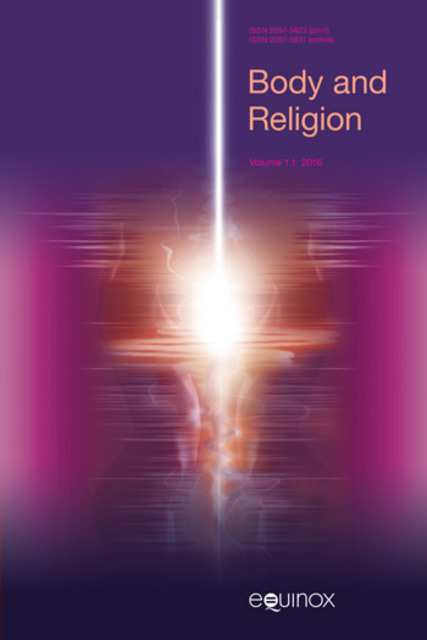People of the book, women of the body: ultra-orthodox Jewish women’s reproductive literacy

Full description
Jews have often been referred to as ‘People of the book.’ This is because books, specifically those that contain rabbinic legal discourse, are understood to be authoritative guides for Jewish life, and those who have achieved mastery in the content of the books are considered authorities. Although ‘people of the book’ is often used to refer to all Jews, book culture has been almost entirely constructed by men, particularly among ultra-Orthodox Jews. This article offers a different framework, one which sees women’s religious authority growing out of embodied experiences. Haredi (ultra-Orthodox) women challenge the dominant paradigm for religious authority by insisting that their pregnant bodies replace books and rabbis. While a woman’s body might be seen as an impediment to her religious authority, I argue that women become capable of exercising religious authority through their embodied experiences of bearing children. During my two years of ethnographic research with Haredi women in Jerusalem, I found that after giving birth to two or three children, Haredi women felt authorized to make decisions about their pregnancies without consulting a rabbi. After a woman has two or three children, she develops what I refer to as ‘reproductive literacy,’ meaning she knows how to use her embodied reproductive experiences as knowledge, expertise, and thus authority over reproduction. Through a close reading of pregnancy advice books and an analysis of how Haredi women use these books, I show that how Haredi women embody authority to make decisions about the maintenance and continuation of Haredi life.
- typeImage
- created on
- file formatjpeg
- file size27 KB
- container titleBody and Religion
- creatorMichal Raucher
- issnISSN 2057-5831 (Online)
- issue3.2
- publisherEquinox Publishing Ltd.
- publisher placeSheffield, United Kingdom
- doi
We use cookies to analyze our traffic. Please decide if you are willing to accept cookies from our website. You can change this setting anytime in Privacy Settings.
